What is the relationship between the Quakers of Kenya and other denominations? Do they walk together in the building of the Body of Christ? These basic foundational questions trace back to the history of Friends missionaries to Kenya..
Historical View and the Ecumenical Approach
Levinus K. Painter provided an historical summary compiled from the notes of Friends missionaries Willis Hotchkiss, Arthur Chilson, and Edgar T. Hole, who came to Kenya in 1902. They soon established working relationships with other Protestant missionary bodies in Kenya; Quakers of Kenya were not set off by themselves.
Arthur Chilson represented Friends Mission in a missionary conference that was held at Nairobi in 1909. The discussions at this conference led to the formation of the Alliance for Protestant Missionary Societies in 1916; Quakers were some of the founders (the name was later changed to Kenya Missionary Council). Because of this movement, Quakers were able to oppose the Compulsory Labor Act that signed by other Protestant Churches in 1920. Quakers stood on the testimony of equality, as there is that of God in everyone. The missionary council’s major concern was the provision of education. Quakers fully supported financing the council. The establishment of Alliance High School began in 1926. In recognition of Quakers’ support for education, J.W.C. Douglas was appointed by the Protestant Missionary Council as education advisor in 1933, and he did a commendable job.
In 1943, the Kenya Missionary Council took on the name Christian Council of Kenya (CCK), a move that saw Africans permitted in the council’s operation. The CCK worked to found the United Theological College (now St. Paul’s University) in 1952 at Limuru, where Quakers were among the pioneers. African Quakers offered distinctive leadership to the CCK. Benjamin Ngaira served as provincial education secretary. Thomas Lung’aho served as chairman of the council from 1962 to 1963, as Kenya was gaining her independence. The name of the council was again changed to National Council of Kenya in 1966; in 1984, the name was changed to National Council of Churches of Kenya (NCCK), which name is in use today. An outstanding African Quaker of present times, Oliver Kisaka Simiyu, served as the deputy general secretary of NCCK from 2003 to 2014.
Missionary Arthur Chilson had a close working relationship with the Pentecostal Assemblies of God (PAG), Nyang’ori mission. This relationship led to more teachings about the Holy Spirit, and the result was the formation of the Holy Spirit Movement, which took place from 1927 to 1935. The Holy Spirit Movement is active in Western Kenya.
In gatherings such as funeral services, Friends always recognize any denominations that are present. To eulogize the deceased, Quakers give time to other denominations to lead the singing of one song. If you attend a burial service of Quakers in Western Kenya, you will notice that at the beginning of the service, churches such as Pentecostal Assemblies of God, African Divine Church, Lyahukha, and many others are called to sing one song as an acknowledgment of their attendance.
Interfaith View
Quakers under the NCCK were pioneers in establishing the Ufungamano Initiative Council. This movement brought together the NCCK churches, Evangelical Alliance Churches, African Initiated Churches, Roman Catholic Church, Islam, Hindu, and other religions in a push for the new constitution of Kenya in 1999. Meeting at the famous Ufunumano House, the movement worked to have a federal system of governance in Kenya. They advocated for the Ufungamano constitution draft in 2005 that was not accepted by the government, but their pressure led to the system of governance that we have today.
Since the post-election violence that rocked Kenya in 2007, Friends Church in Kenya established the Friends Church Peace Team (FCPT), which advocates for a peaceful community for all. Through initiatives—such as an approach to nonviolence, which turns the tide on healing and rebuilding our community—FCPT has been able to reach out to people living in Kakuma Refugee Camp, which shelters people with diverse cultural and religious backgrounds across the Horn of Africa. They have also reached people living in Mount Elgon and camps for the internally displaced.
During the COVID-19 period in Kenya, religious groups came together to form the COVID-19 Religious Awareness Committee. The committee was established with representatives from various groups at the sub-location, location, sub-county to county levels. Quakers were among those on the committee, and most of the Quaker pastors took leadership roles.
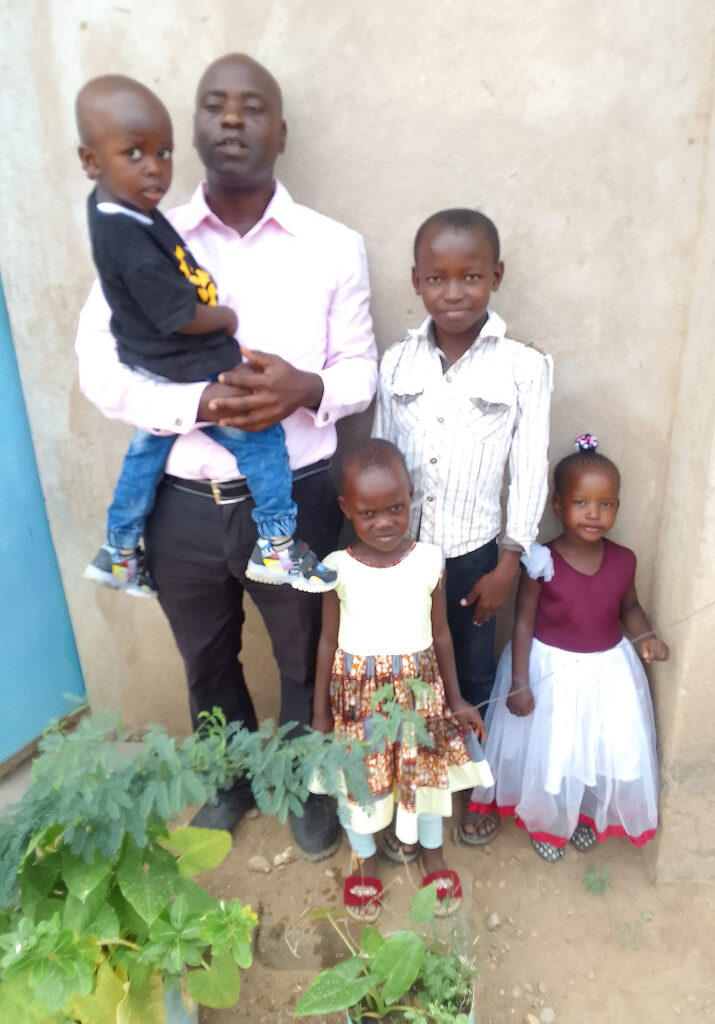
Personal Experience
In June 2022, I had the privilege of attending a civic education workshop that was organized by Haki Yako Organization, a non-governmental organization (NGO) promoting effective leadership and governance. The workshop was held at Shemeji Hotel in Hola with the aim of creating awareness in the religious leaders of the need to have peaceful elections within Tana River County. The workshop brought together the NCCK affiliated Churches and Islamic clerics. This was my first time sitting with Islamic Sheikhs and Imams at one table and sharing our thoughts. The experience was positive as Tana River held their first peaceful elections.
Within the Bura National Irrigation Scheme, Protestant denominations have formed the Bura Pastors Fellowship, active since 1999. This body brings together nearly 20 churches within Bura. Friends Church (Quakers) Bura being one of the founders, I represent the Friends Church on this forum. This has brought relationships between Friends Church and other churches in general.
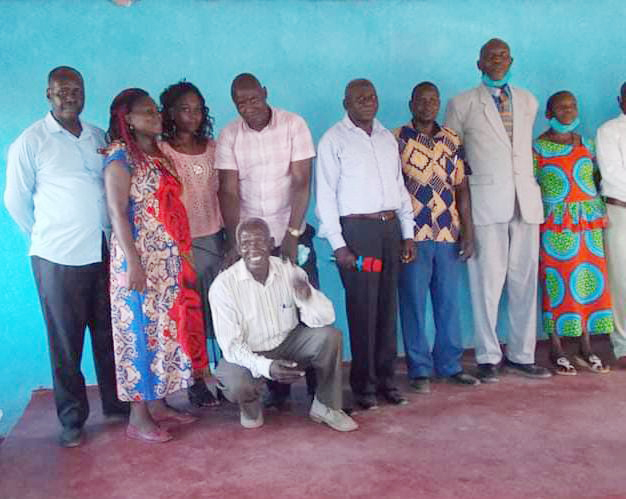
Bura Pastors Fellowship members. Photo by Gabriel Njoroge.
Analysis
This review brings to mind two thoughts about Friends’ relationships with other faiths. Quakers seem to have a different point of view from those who feel they should be vocal about social concerns affecting the nation. Yet Quakers work to reach out to other denominations, as can be seen in the following:
First, there is Quaker education policy. Friends Church has been instrumental in the establishment of Alliance High School and the United Theological College, now St. Paul’s University. In cooperation with other denominations, this has created a positive image of Quakers in the Body of Christ. Also Friends Schools bring together students, teachers, workers, and parents from different faiths, promoting the peaceful coexistence of all.
Second, Quakers involvement in the health sector has fostered cooperation among different faith groups. Friends’ health facilities in areas such as Turkana, Samburu, and Mount Elgon embrace all people to have a healthy community. Friends’ hospitals such as Friends Jumuia Hospital-Kaimosi, Lugulu Friends Hospital, and Friends Sabatia Eye Hospital bring together patients, staff, board of management, and visitors from all sorts of denominations, and they become acquainted with Quaker values.
Third, Quakers in the Ufungamano Initiative advocate for new constitutional reforms, work with other religious groups on the COVID-19 Committee to educate the public about the disease, and work with relief services to reach out to the needy. This has enabled the Friends Church in Kenya to have positive relationships with all faith-based organizations.
On the other hand, Kenyan Friends seem to be passive when relating to other faiths. They seem to keep the Quaker faith, testimony, and practice at bay. When it comes to interfaith functions, Quakers are always at the back of NCCK, unlike other churches such as the Anglican Church of Kenya, which is very aggressive on national matters despite being a member of the NCCK. Many questions were raised as to why Oliver Kisaka Simiyu was not considered for the position of general secretary to the National Council of Churches of Kenya. Lack of full support of Friends Church to NCCK could have been a determining factor. Despite Friends being among the founders of Alliance High School and St. Paul’s University, it seems as if Quakers have no voice in the affairs of these institutions, although they have in the past. Quakers have very little connection with other religions, such as Islam and Hindu. It seems that Quakers fear to go out in boldness to relate to other faiths, so they can maintain the Quaker faith spirit.
In conclusion, I can say that the ecumenical and interfaith spirit within Friends in Kenya has been positive, though passive. They are working with other bodies to foster the Gospel of Jesus Christ, yet calculating how to remain true to the Quaker life. Getting this balance right is the biggest challenge of the time.


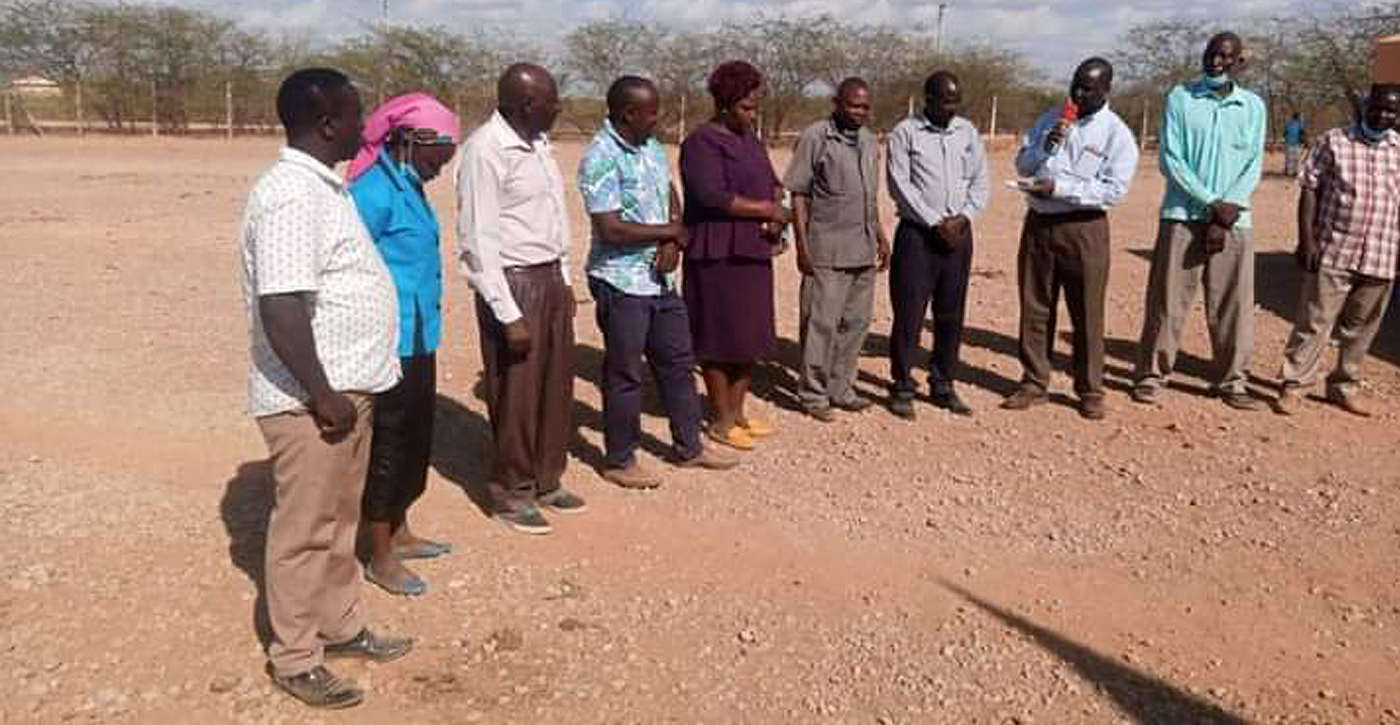
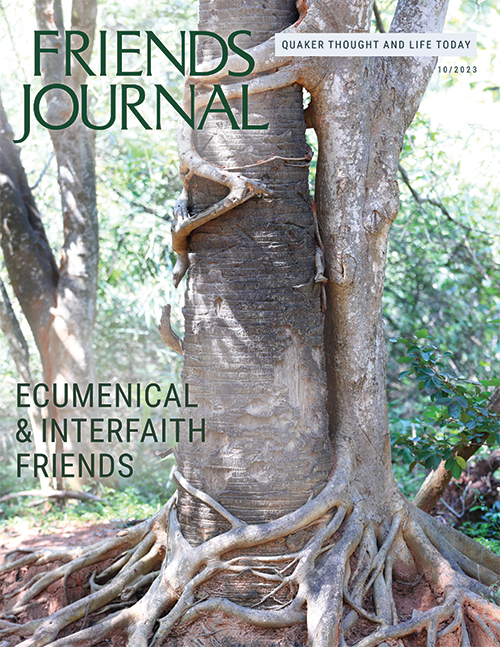
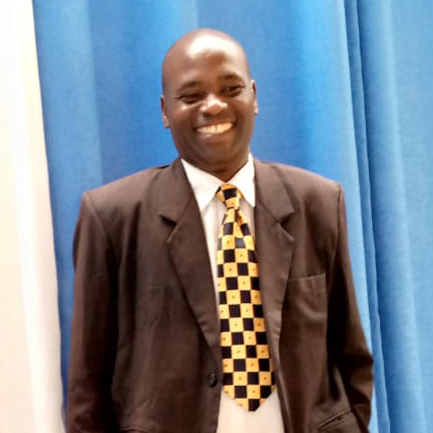
Comments on Friendsjournal.org may be used in the Forum of the print magazine and may be edited for length and clarity.